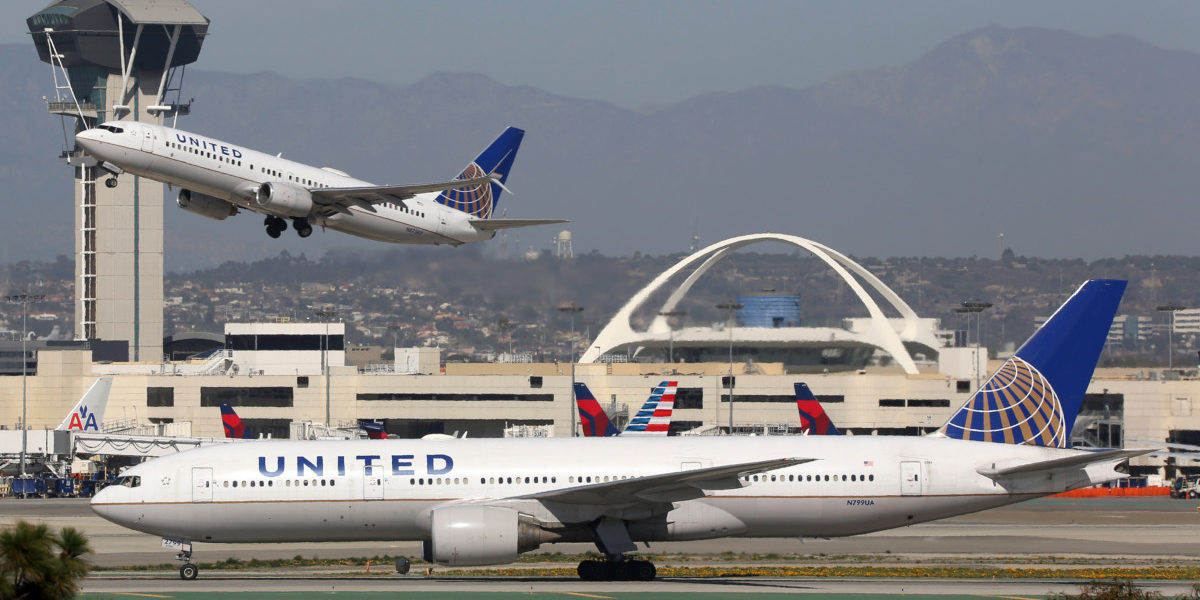Sometime ago, United Airlines found itself in the news for all the wrong reasons.
Of all the inconveniences an airline passenger can expect to suffer, being badly roughed up (on behalf of your airline of choice) should not at all feature on that list.
But unfortunately, that’s what happened to a United Airlines passenger.
In this blog post, I’ll share three lessons from that sorry episode.
Here is a quick recap of the relevant facts.
On 9 April 2017, United Airlines flight 3411 was heading from Chicago to Louisville.
There was a bit of a problem: the flight was full, and the airline needed to free up four seats to give to four members of its crew who were travelling to take up an assignment. The airline staff informed the passengers, all of whom were already on board, and asked if any passengers would be kind enough to give up their seats, for which they would be compensated.
No-one volunteered, so staff decided to select four passengers and ask them to leave the aircraft. Three of them did so. The fourth refused, whereupon staff called in airport security officials who forcibly dragged the passenger off the plane, badly injuring him in the process. All of this was watched (and also filmed) by the horrified passengers on board.
In today’s blog post, I will highlight three lessons from this unedifying saga.
Lesson 1 – Always respect your customer.
The United Airlines staff had quite clearly forgotten this key lesson.
The plane was full to capacity, hence allowing no room for the four crew members. However, this problem was not created by the passengers. It was caused by United Airlines’ own internal policies. But when problems arose as a result of these policies, they allowed an innocent customer to bear the brunt.
Of course, this is an extreme case of abuse of a customer, but the principle applies across the board. How do you treat your customer when you get it wrong?
Even more than that, what is your general attitude towards your customer? United Airlines treated its customer with contempt. Does that say something about the underlying culture towards customers in that company? People will make their own judgement on that.
Lesson 2 – Be quick to apologize when you get it wrong.
In the case mentioned above, United Airlines did not immediately apologize to the passenger for what he had suffered.
In its first statements, the airline appeared instead to pin the blame on the passenger. The CEO put out a statement in which he apologized to the other passengers on board for having to ‘re-accommodate’ them. In a leaked letter to the airline’s employees, he stated that the airline was trying to find out ‘why this customer defied Chicago Aviation Security the way he did’. There was no sense that the airline even appreciated the gravity of the situation. They seemed more preoccupied in trying to avoid any responsibility.
This approach was met with widespread condemnation, and rightly so. United Airlines had got it badly wrong, and it paid the price in a very heavy way: its share price took an immediate pummeling.
The very next day, United Airlines issued a proper apology. It now took full responsibility for the way the passenger was treated. Its CEO issued a further statement, in which he made a full and frank apology for the whole sorry episode.
Further apologies were issued over the next two days. The airline also stated that they had contacted the passenger privately to apologize for what had happened.
For some, however, the apologies came a little too late. Some have also wondered whether the apologies only came when the airline realised the damage it had done to its share price and reputation.
Lesson 3 – When you get it wrong, take steps quickly to make it right.
After the belated flurry of apologies from United Airlines, the company has now set about ensuring that such a situation will never happen again.
In one of the CEO’s fulsome apologies, he stated that he felt ‘shame’ over the incident, and vowed that a passenger will never again be treated in that way on a United Airlines flight.
The CEO also laid out some measures that the airline will now take, to ensure that there will be no repeat of the situation. This is very important, because its aim is to reassure the public that there is action behind the apology. Also, by setting out very clearly what will be done from now on, the CEO has invited the public to hold him and the airline accountable for his promise.
This is a mature way to turn around what was, quite frankly, an unedifying episode in United Airlines’ history. The public will be watching to see if United Airlines makes good on its promises.
Conclusion
We all make mistakes in life, but it is very important how we correct them. The United Airlines episode shows us that it is important to address our mistakes early, to own up to them, and to do all we can to put them right.
How do you address mistakes in your business? What tips can you give to our readers? Please let us know in the comments.



